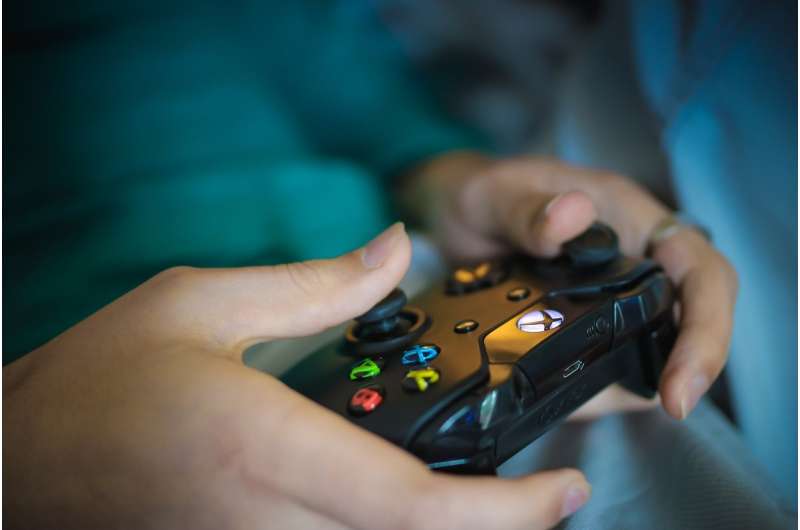Research Links Video Game Loot Boxes and Physical Card Packs to Problem Gambling

A new international study finds that spending on video game loot boxes and physical card packs is linked to problem gambling, highlighting the need for updated regulations.
Recent international research has revealed that buying digital loot boxes in video games as well as physical card packs, such as those for Pokémon or Magic: The Gathering, might be more akin to gambling than previously understood. Conducted by a collaborative team from the City University of Hong Kong, University of York, University of Lincoln, IT University of Copenhagen, and University of Bristol, the study analyzed nearly 2,000 participants across the U.S., U.K., Canada, Australia, New Zealand, and Ireland.
The findings indicate a significant association between spending money on loot boxes and problem gambling behaviors, with loot box expenditure showing the strongest link. Physical and digital card packs also demonstrated connections but to a lesser degree. Interestingly, the study found no correlation between such purchases and poor mental health, suggesting that problematic gambling behaviors are more directly related to the nature of the products rather than players' overall mental well-being.
Lead researcher Leon Y. Xiao emphasized that both physical and digital products resembling gambling are indeed linked to problem gambling. He highlighted systemic issues in current gambling regulations, noting that enforcement against physical gambling-like products such as card packs and blind boxes containing artificial items is often lax. These items are frequently sold for real money on secondary markets, effectively functioning as unlicensed gambling. Additionally, loot boxes, which are digitally similar, remain largely unregulated in many jurisdictions. Xiao advocates for updating legal definitions of gambling based on scientific evidence of potential harm.
Considering the billions of dollars generated worldwide from these gaming products, the study urges policymakers to enforce existing laws more strictly and revise regulations to better address these issues, aiming to reduce gambling-related problems among players. The research underscores the need for a regulatory framework that accurately reflects the gambling-like risks associated with these popular gaming items.
Stay Updated with Mia's Feed
Get the latest health & wellness insights delivered straight to your inbox.
Related Articles
Study Links Immigration Enforcement to Children's Mental Health Crisis
A groundbreaking report links aggressive immigration enforcement to a mental health crisis among children, highlighting the urgent need for policy reform and mental health advocacy to protect vulnerable youth from trauma and long-term psychological harm.
Cognitive Behavioral Therapy Induces Brain Structural Changes and Increases Gray Matter Volume
A groundbreaking study demonstrates that cognitive behavioral therapy (CBT) can foster significant structural brain changes, increasing gray matter volume in regions involved in emotion regulation, offering new hope for depression treatment.
Decline in NHS Mental Health Trials Leads to Missed Opportunities for Patients
The NHS has experienced a 44% decline in mental health clinical trial recruitment over five years, leading to missed treatment opportunities for patients and increased reliance on private research organizations. Experts call for improved investment and patient compensation strategies to reverse this trend.
Early Talking Therapy Intervention to Lower Psychosis Risk
New research shows that slight modifications to cognitive behavioral therapy can help detect early signs of psychosis in patients with anxiety and depression, potentially preventing the development of severe mental health disorders.



